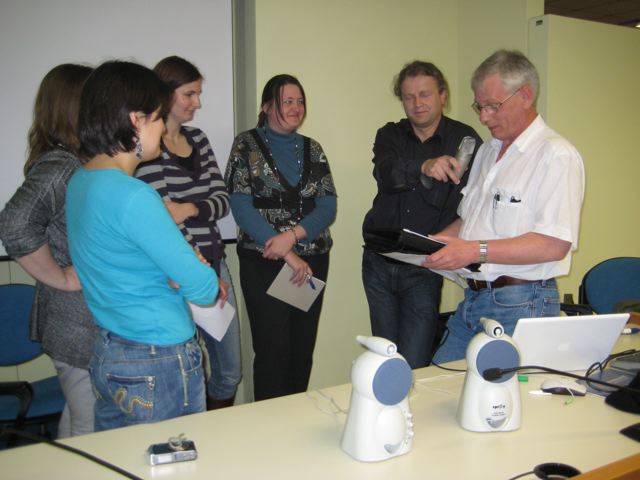Cyborg patented?
Forbes reports that Microsoft has obtained a patent for a “conversational chatbot of a specific person” created from images, recordings, participation in social networks, emails, letters, etc., coupled with the possible generation of a 2D or 3D model of the person.
Racial bias in algorithms
From the UK Open Data Institute’s Week in Data newsletter
This week, Twitter apologised for racial bias within its image-cropping algorithm. The feature is designed to automatically crop images to highlight focal points – including faces. But, Twitter users discovered that, in practice, white faces were focused on, and black faces were cropped out. And, Twitter isn’t the only platform struggling with its algorithm – YouTube has also announced plans to bring back higher levels of human moderation for removing content, after its AI-centred approach resulted in over-censorship, with videos being removed at far higher rates than with human moderators.
Gap between rich and poor university students widest for 12 years
Via The Canary.
The gap between poor students and their more affluent peers attending university has widened to its largest point for 12 years, according to data published by the Department for Education (DfE).
Better-off pupils are significantly more likely to go to university than their more disadvantaged peers. And the gap between the two groups – 18.8 percentage points – is the widest it’s been since 2006/07.
The latest statistics show that 26.3% of pupils eligible for FSMs went on to university in 2018/19, compared with 45.1% of those who did not receive free meals. Only 12.7% of white British males who were eligible for FSMs went to university by the age of 19. The progression rate has fallen slightly for the first time since 2011/12, according to the DfE analysis.
Quality Training
From Raconteur. A recent report by global learning consultancy Kineo examined the learning intentions of 8,000 employees across 13 different industries. It found a huge gap between the quality of training offered and the needs of employees. Of those surveyed, 85 per cent said they , with only 16 per cent of employees finding the learning programmes offered by their employers effective.

 The first of the new series of Sounds of the Bazaar. In this new series we will be experimenting with our programme formats. We will be publishing a series of short podcasts around particular issues in learning and technology. And we will be podcasting as series of podcasts focused on practice. What makes some programmes so compelling and some so dull. Is it down to the technology? Is it a matter of following an instructional design manual? Is it the skills and personality of the teacher? How can social software and web 2.0 be used for learning.The first of the series features a dialogue with
The first of the new series of Sounds of the Bazaar. In this new series we will be experimenting with our programme formats. We will be publishing a series of short podcasts around particular issues in learning and technology. And we will be podcasting as series of podcasts focused on practice. What makes some programmes so compelling and some so dull. Is it down to the technology? Is it a matter of following an instructional design manual? Is it the skills and personality of the teacher? How can social software and web 2.0 be used for learning.The first of the series features a dialogue with 